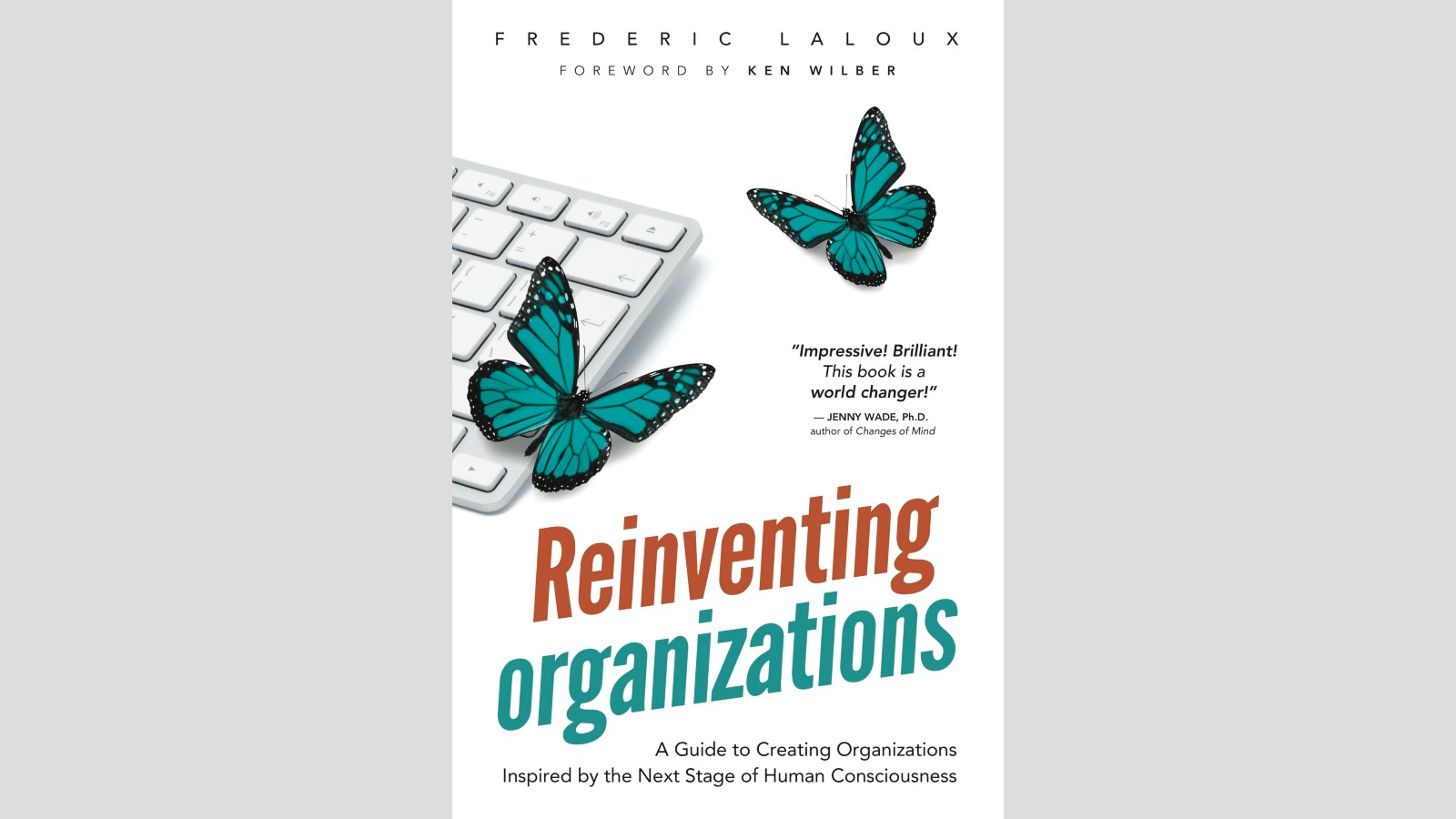
Author: Frederic Laloux
Reviewer: Rachael Hanley-Browne
The book offers an alternative way to consider how we organise at work, make decisions and how we could co-create a ‘next stage organisation’. It offers an innovative framework based on research with a small number of businesses and not-for-profits who have adapted to this way of organising, Laloux calls it ‘Teal’. These organisations are used to illustrate the core concepts of how this type of organisation works. Elements of this book have become integrated into the Organisational Development narrative, and it draws on several ideas from ecology, leadership development, philosophy, and psychology – it is an integrated social science approach. I enjoyed the provocations, questions, and descriptions. I was curious that there wasn’t more included in terms of context, e.g., the legislative framework, director’s fiduciary duties, financial accountability/regulation, stakeholders, shareholders, or investors interests. Or is it a challenge to capitalism itself, the purpose of business and societal structures, not just the internal workings of organisations?
The illustrated book is user friendly, easy to access and isn’t full of overly complex jargon or references. It flows well and draws on lots of useful examples. It’s split into the concept/framework and then how to approach developing a ‘next stage organisation’. I found it useful to read the book with my work context in mind, e.g., how do organisations re-invent themselves as we come out of a pandemic, rebuild trust, and create psychological safety, and the application to my own work with commercial businesses, both as a coach and consultant.
Yes, the book uses credible sources and there is a useful reference section at the back with further reading. I am not so sure about some of the references to nature, it was described in a benevolent fashion, but competition and destruction are as much part of nature as growth and beauty. We all recognise this after COVID.
The book offers a useful perspective on how to look at organisational life and people’s experiences of it, this is something I can apply to my coaching and consulting in terms of both contracting and the context in which the work takes place.
It offers a way for me to conceptualise the current work climate and the conflicts/paradoxes/tensions emerging as we navigate our exit from the restrictions imposed by the pandemic. The push/pull between autonomy and self-organisation of employees in a setting of rules and policy decisions by politicians and in commerce the need by some leaders to take back control of remote workers. Or conversely those leaders who have fully embraced remote working over presenteeism. Trust is such a hot topic… I am left curious and hopeful that we will find a natural equilibriu, Laloux believes we will.